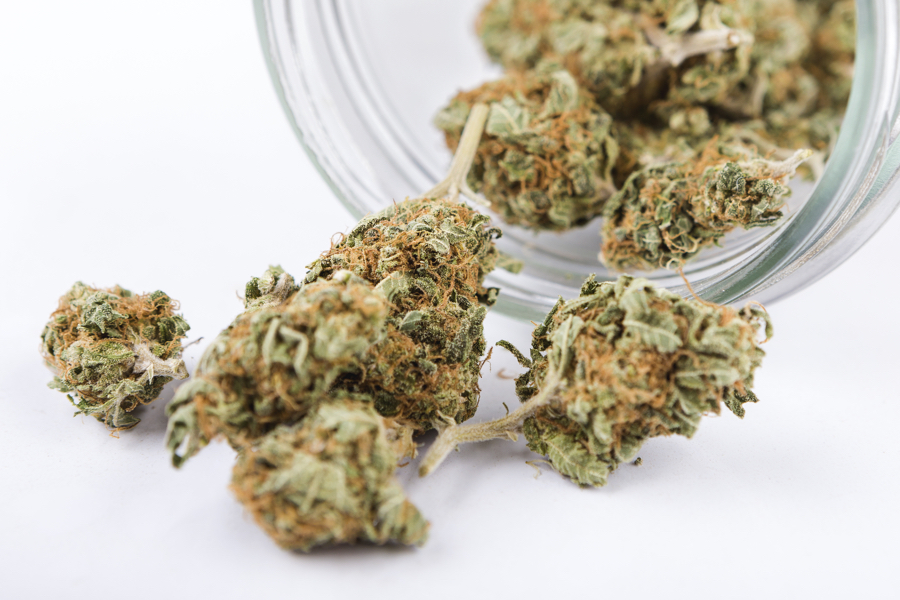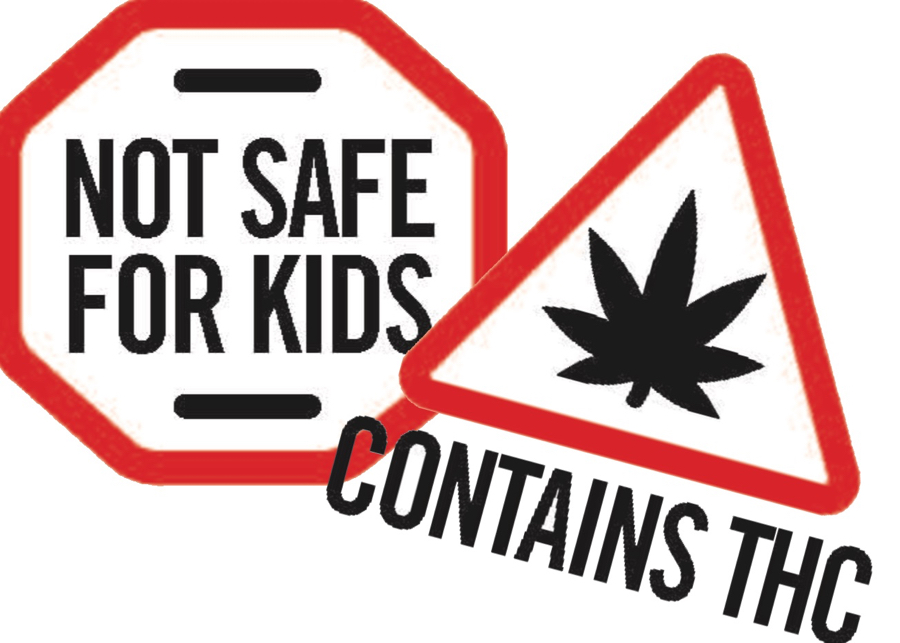Massachusetts’ New Marijuana Regulations Are In, On Schedule
A July 1 start date for recreational sales appears to be a go.

photo via istock.com/Nastasic
Massachusetts just got a whole lot closer to welcoming its first-ever recreational marijuana shops, and it looks like they’ll be in business on schedule at the beginning of July.
The Cannabis Control Commission on Tuesday wrapped up the drafting of regulations for the new industry, along with some tweaks to the rules. We now have the final word on how pot products will be labeled, how much marijuana a cultivator can grow, and how soon we might see pot cafés (answer: not for a while).
Commissioners had faced a March 15 deadline to finish drafting the regulations, and are supposed to begin accepting applications for recreational marijuana licenses on April 1, then welcome the first recreational sales on July 1. CCC Chairman Steve Hoffman sounded optimistic this week about that timeline. “I think we have a lot of work to do in terms of building our staff and building our technology, but I think we have a good foundation based upon these regulations, so I am confident,” Hoffman told the State House News Service, adding, “Our intent is to have a go on July 1 and we are hitting all of the deadlines that we have in the legislation, so I’m feeling good about that.”
What you need to know:
- As was announced late last month, the commission has agreed to delay until later this year finalizing rules regarding licenses for pot cafés where the drug could be consumed on-site, legal home delivery services, or THC-laced treats at places movie theaters. They had faced increasing pressure to do so from Gov. Charlie Baker, Attorney General Maura Healey, and the state Legislature. So a decision on those licenses has been pushed back to October 31. Commissioners have also said that, once licenses for those businesses are approved, the first of them would be given to smaller operations and “equity applicants” as part of a program to ensure participation from communities most impacted by the failures of the War on Drugs.
- Dispensaries with licenses for recreational marijuana sales will have to keep a reserve of their products on the side for medical marijuana patients, and will have to have separate lines at stores for those with medical IDs.
- Grow operations will now be limited to a maximum size of 100,000 square feet. Cultivators will also be sorted by size into one of 11 tiers, and be required to prove that they can sell at least 85 percent of the marijuana they grow—an effort to keep growers from having a surplus of product that might be diverted to the black market. If a grower can’t sell that much, the CCC can demote them into a lower tier, and thus limit the amount of marijuana they’re allowed to grow in the future.
- The CCC voted 3-2 not to accept applicants who have federal drug trafficking convictions, for drugs other than marijuana, on their criminal record.
Commissioners also voted to approve the labels that will need to be placed on cannabis products, settling on red-and-black design accompanying the words “contains THC” and “not safe for kids.”

Photo by the CCC via the State House News Service

